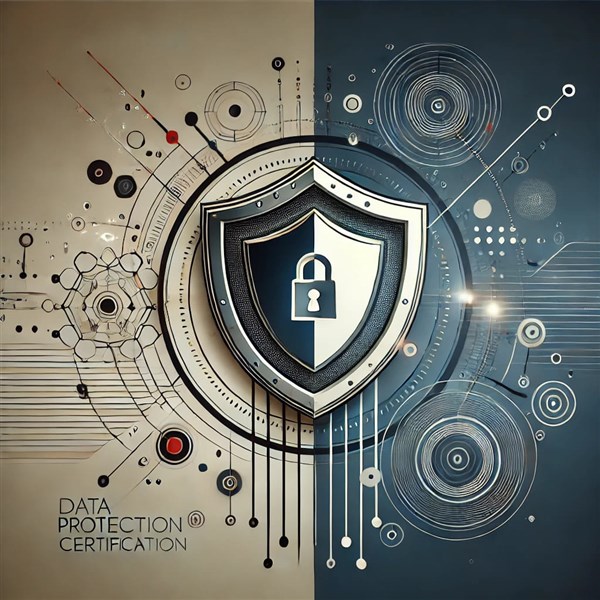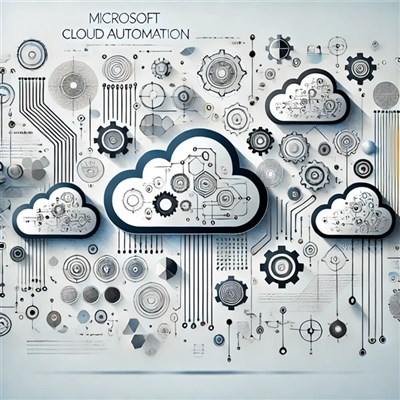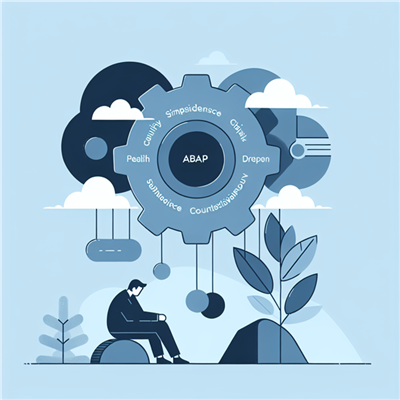
In an increasingly digital world, understanding data protection has become crucial for all professionals, not just those in IT. Whether you are in HR, marketing, finance, health, or any other field, gaining a Data Protection Certification can offer numerous benefits.
In today’s digital age, data has become the new currency. Organizations across the world collect, store, and process vast amounts of data daily. As data becomes increasingly valuable, so too does the need to protect it. While data protection has traditionally been viewed as a technical domain, this landscape is rapidly changing. Non-IT professionals, particularly those in legal, human resources (HR), compliance, and marketing, now play a critical role in data protection initiatives. Earning a data protection certification can be a game-changer for professionals in these fields, providing them with the tools, knowledge, and recognition needed to navigate the complex world of data privacy and security.
Benefits of Gaining a Data Protection Certification
In this blog, we will explore the benefits of gaining a data protection certification for non-IT professionals and why it’s an investment that can enhance both individual careers and organizational success.
1. Understanding Regulatory Compliance
For professionals in fields such as law and human resources, staying compliant with data protection regulations is a core responsibility. Data protection regulations, like the General Data Protection Regulation (GDPR) in Europe and the California Consumer Privacy Act (CCPA) in the United States, have fundamentally changed how businesses must handle personal data. Compliance with these laws is not optional—it is mandatory, and penalties for non-compliance can be severe.
A data protection certification provides non-IT professionals with a thorough understanding of these regulations and their practical application. For legal professionals, it enables better legal advisory, contract management, and regulatory compliance monitoring. HR professionals benefit from understanding how to manage sensitive employee information securely and in compliance with laws.
Key Certification Example:
- Certified Information Privacy Professional (CIPP) – This certification focuses on regulatory frameworks, offering deep insights into GDPR, CCPA, and other data protection laws, and is ideal for legal and compliance professionals.
2. Enhancing Trust and Credibility with Clients and Employees
Trust is a valuable commodity in any business, and data protection is a significant element in building and maintaining that trust. For HR professionals who handle sensitive employee information, and for legal professionals managing client data, the ability to demonstrate a solid understanding of data protection can enhance credibility. Employees, customers, and clients are more likely to feel confident in sharing personal information if they know that those handling the data are certified in protection practices.
Having a data protection certification provides non-IT professionals with the authority and knowledge to ensure that data is handled ethically, transparently, and securely. This can not only enhance client relationships but also foster a culture of privacy within the organization, increasing overall employee morale and trust.
3. Mitigating Risks of Data Breaches
Data breaches are not just an IT problem; they are an organizational problem that can result in significant reputational and financial damage. HR departments, legal teams, and compliance officers often handle sensitive personal information, making them critical players in preventing data breaches. A data protection certification helps professionals understand the risks associated with mishandling data and equips them with best practices for mitigating these risks.
By learning about data breach response protocols and data protection impact assessments (DPIA), non-IT professionals can actively contribute to organizational risk management strategies. They can implement and enforce policies that reduce the likelihood of breaches and ensure proper handling of incidents when they occur.
Key Certification Example:
- Certified Information Privacy Manager (CIPM) – This certification focuses on operational data protection management, helping non-IT professionals develop and implement privacy frameworks that minimize the risk of data breaches.
4. Expanding Career Opportunities
The demand for professionals with data protection expertise is growing across all industries. Companies are increasingly seeking individuals who understand both the regulatory and operational aspects of data privacy. Gaining a data protection certification can open up new career paths for non-IT professionals, positioning them for roles such as Data Protection Officer (DPO), Compliance Officer, or Privacy Consultant.
For legal professionals, a data protection certification can enhance their capabilities in contract negotiation, litigation, and advising clients on compliance matters. For HR professionals, certification can pave the way for more strategic roles, such as HR Data Privacy Officer, responsible for overseeing employee data protection policies.
In short, certification can lead to career advancement by making professionals more versatile and highly valuable within their organizations.
5. Building a Data-Driven Culture
Data protection certifications do more than just enhance individual knowledge; they contribute to building a culture of privacy and data awareness within an organization. HR and legal teams play a key role in training and advising employees on data protection policies. A certified HR or legal professional can lead training programs, ensuring that all employees understand the importance of safeguarding data and are aware of the latest best practices.
In industries like healthcare, finance, and education—where the volume of sensitive data is particularly high—certified non-IT professionals are essential for creating a culture that prioritizes data security. This helps organizations reduce the risk of data misuse and encourages everyone, from the C-suite to frontline staff, to take ownership of data protection.
Key Certification Example:
- Certified Data Privacy Solutions Engineer (CDPSE) – This certification is ideal for non-IT professionals looking to build and implement data privacy solutions across their organizations.
6. Collaboration with IT Teams
While IT departments are typically responsible for the technical aspects of data protection, non-IT professionals work closely with them to ensure that all policies and practices align with regulatory requirements. A data protection certification helps bridge the gap between technical and non-technical roles, making it easier for professionals in HR, legal, and compliance to collaborate effectively with IT teams.
Certified professionals are better equipped to understand technical jargon, communicate effectively about privacy concerns, and participate in cross-functional projects related to data protection. This collaboration is crucial in areas such as data retention policies, data access controls, and employee training on cybersecurity practices.
7. Staying Ahead of Industry Trends
Data protection is a constantly evolving field, with new regulations, technologies, and risks emerging regularly. Non-IT professionals who earn certifications are more likely to stay informed about the latest trends in data privacy and security. Certifications often require continuing education, which ensures that certified professionals keep up with changes in the legal and technological landscape.
By staying ahead of industry trends, non-IT professionals can provide more accurate advice to their organizations and help implement forward-thinking strategies that protect data and comply with future regulations.
Why Choose Koenig Solutions for Your Data Protection Certification Training?
Koenig Solutions offers a wide range of technology courses, including data protection. Here are some reasons to choose this IT training company:
- Expert Instructors: Koenig Solutions has experienced instructors who can guide you through the certification process.
- Flexible Learning Options: Whether you prefer classroom learning or online courses, Koenig Solutions has options to fit your needs.
- Practical Approach: The courses focus on practical skills, preparing you to implement what you've learned in real-world situations.
- Global Recognition: Koenig's certifications are recognized globally, giving you an edge in the job market.
Conclusion
For non-IT professionals in legal, HR, compliance, and related fields, earning a data protection certification is no longer just an optional credential—it is a necessity. The growing importance of data protection regulations, the need to mitigate risks, and the demand for cross-functional collaboration make certification a valuable asset. Beyond the technical realm, certifications provide non-IT professionals with the knowledge and skills to safeguard sensitive data, enhance organizational trust, and boost career opportunities.
In a world where data is the new currency, those who are certified in protecting it are at the forefront of driving change, ensuring compliance, and maintaining ethical standards. Whether you're a legal professional advising clients on compliance or an HR professional handling employee data, a data protection certification is an investment in your career and your organization's future.
In conclusion, gaining a Data Protection Certification can offer numerous benefits, even if you are not an IT professional. And with a training provider like Koenig Solutions, you can be sure that you are getting the best education possible.







COMMENT